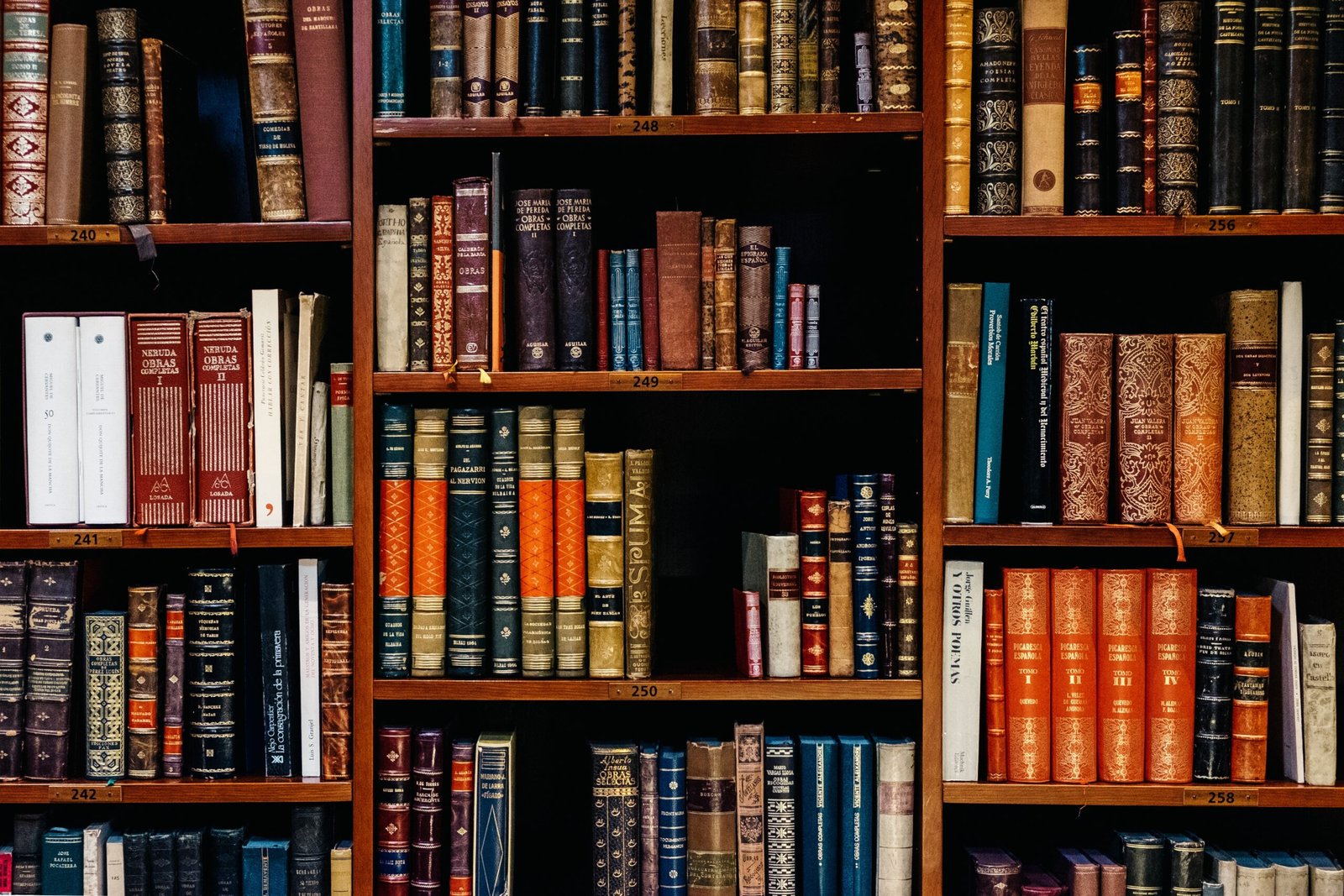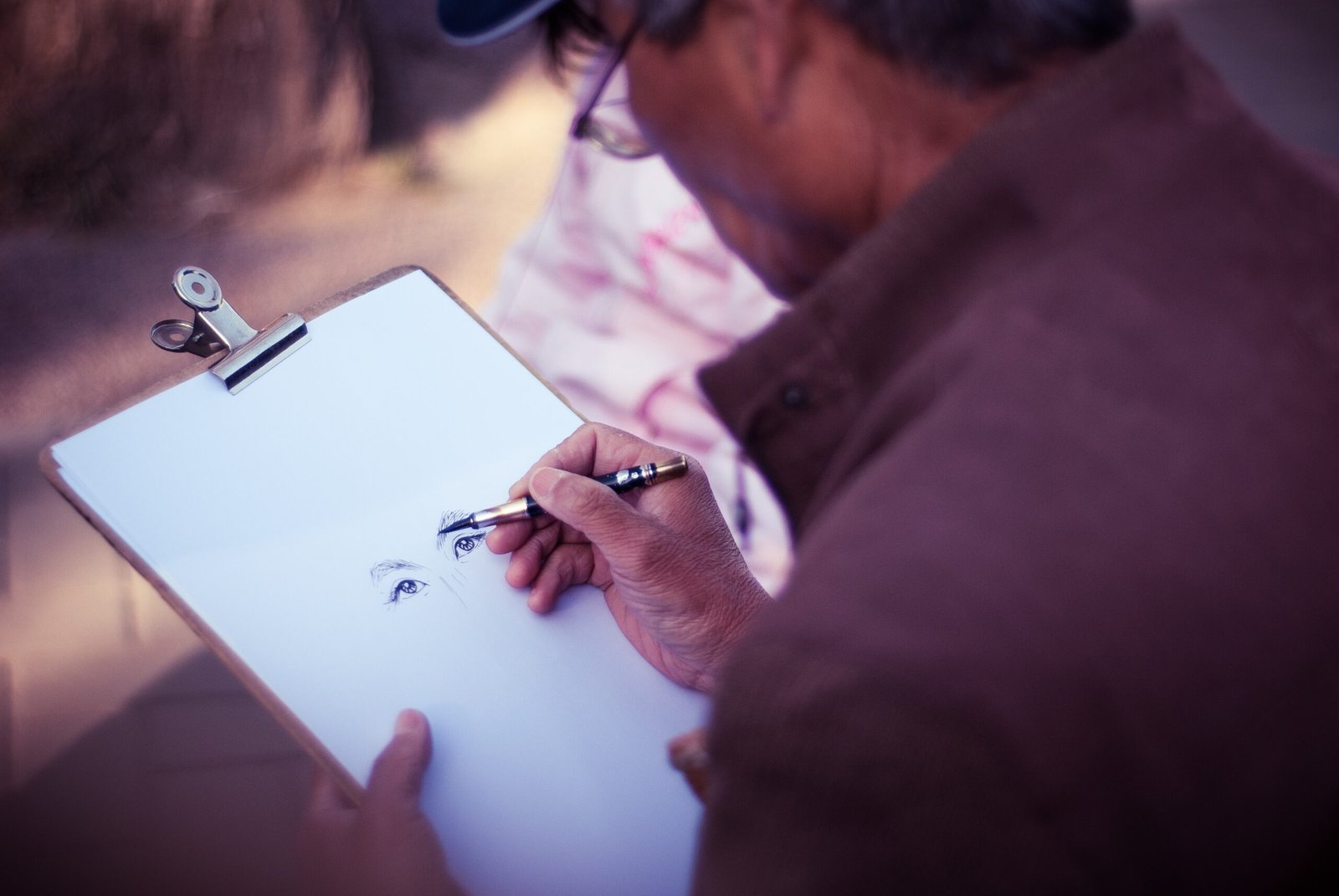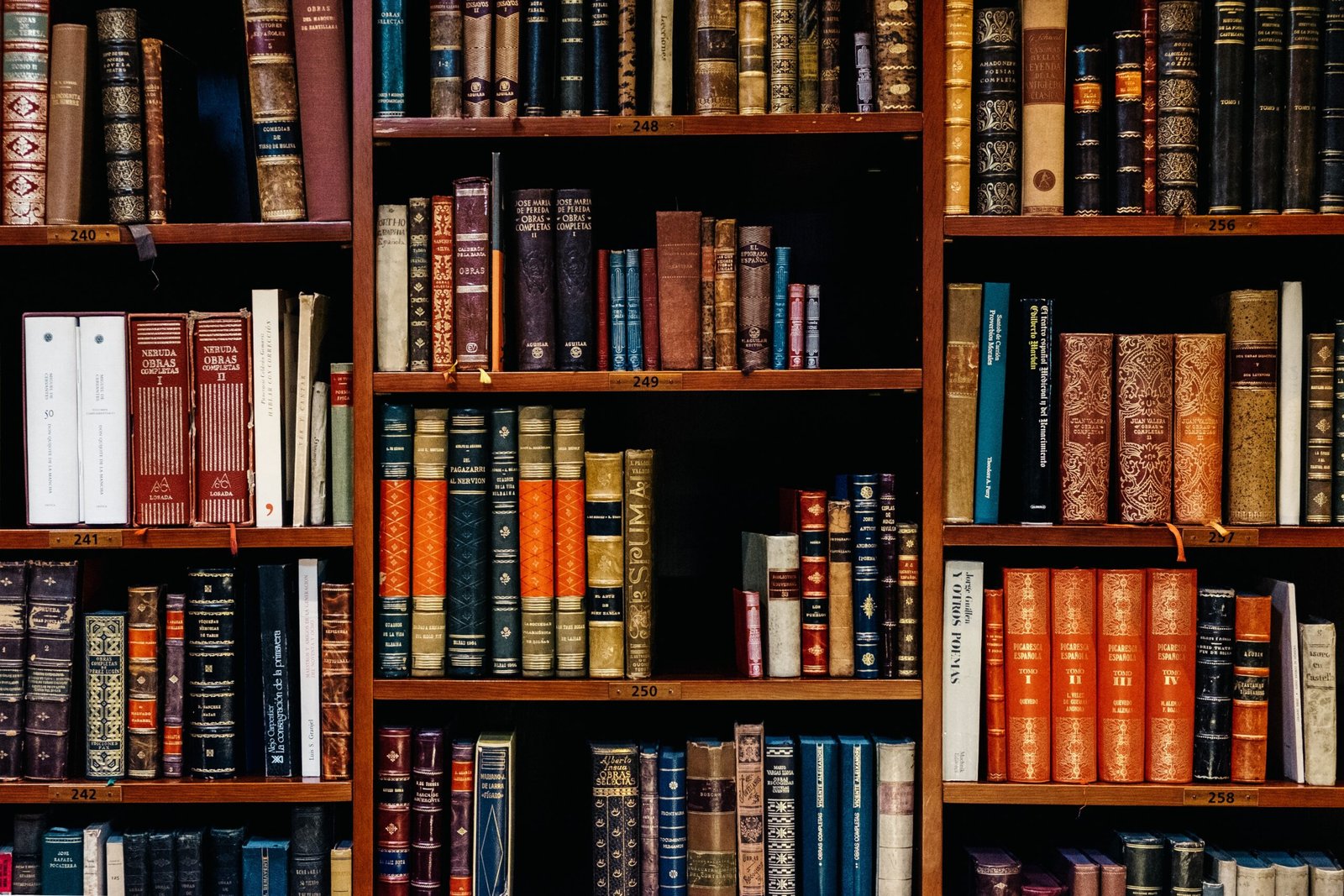In the ever-evolving digital age, the legal landscape surrounding AI and creative works demands careful consideration and adaptability. As AI technologies like GPT-3 continue to generate content, questions arise about copyright eligibility and ownership. It is in this complex interplay between AI and human creativity that copyright compliance and content security become vital for creators and organizations. Barbara Ingrassia, Founder of Manage Copyright and a Copyright Compliance & Content Security Strategist, sheds light on the evolving challenges and best practices to protect intellectual property in this informative article.

Read more about the Latest Money News
The Legal Landscape of AI and Creative Works
In the rapidly evolving field of AI and creative works, it is essential to understand the legal implications and challenges that arise. Copyright law plays a crucial role in determining the eligibility and ownership of AI-generated content. Both creators and regulators must navigate complex issues to protect intellectual property and ensure fair use.
Copyright Law and AI
With the development of advanced AI technologies like GPT-3, discussions around copyright law and AI have gained prominence. The main question is whether AI-generated content is eligible for copyright protection and who owns the rights to such content. Copyright law is designed to protect the expression of original ideas, but it becomes more complicated when AI is involved in the creation process.
Challenges for creators and regulators
AI presents unique challenges for both creators and regulators. For creators, it can be difficult to determine the extent of human input in the creative process and whether the resulting work qualifies for copyright protection. Regulators also face challenges in adapting copyright laws and regulations to the rapidly advancing AI technologies.
Questions of copyright eligibility and ownership
Determining the copyright eligibility and ownership of AI-generated content is a complex issue. In traditional creative works, the author or creator is typically granted copyright ownership. However, with AI-generated content, the lines are blurred. If AI plays a significant role in the creation process, it raises questions about who should be considered the author and owner of the copyright.
Understanding the Interplay between AI and Human Creativity
To effectively address the legal landscape of AI and creative works, it is important to understand the complex interplay between AI and human creativity. While AI technologies can be powerful tools for enhancing and assisting human creativity, the human component often stands out for copyright protection.
Complex interplay between AI and human creativity
AI has the potential to enhance and augment human creativity in various fields, including art, music, literature, and design. However, AI remains a tool that relies on human input and guidance. Human creativity brings the unique and original element to the creative process that is often necessary for copyright protection.
Human component standing out for copyright protection
While AI technologies can generate content, it is the human component that often distinguishes creative works and makes them eligible for copyright protection. The originality, skill, and judgment exercised by human creators in the selection, arrangement, and expression of ideas play a critical role in determining copyright eligibility.
Read more about the Latest Money News
Introduction to Barbara Ingrassia
Barbara Ingrassia is a renowned expert in copyright compliance and content security. As the Founder of Manage Copyright, she brings a wealth of knowledge and experience in helping creators and organizations protect their intellectual property. With her expertise, she sheds light on the critical importance of copyright compliance and content security in the digital age.
Founder of Manage Copyright
Barbara Ingrassia founded Manage Copyright with the mission to empower creators and organizations with the knowledge and tools to protect their intellectual property. With her extensive background in copyright compliance, she is a trusted advisor in navigating the legal complexities surrounding AI and creative works.
Copyright Compliance & Content Security Strategist
As a Copyright Compliance & Content Security Strategist, Barbara Ingrassia provides guidance and strategies for creators and organizations to ensure copyright compliance and protect their creative works. She helps them understand the legal landscape and implement proactive measures to safeguard their intellectual property.
The Importance of Copyright Compliance and Content Security
In the digital age, copyright compliance and content security have become of critical importance. The ease of sharing and accessing digital content has heightened the risk of copyright infringement. Protecting intellectual property is essential for creators and organizations to maintain control over their works.
Critical importance in the digital age
With the proliferation of digital content, copyright compliance and content security have become essential considerations for creators and organizations. Unauthorized use and distribution of creative works can have significant financial and reputational consequences. By ensuring copyright compliance and content security, creators can protect their rights and preserve the value of their works.
Protecting intellectual property
Copyright compliance and content security are vital for protecting intellectual property. Creators invest their time, effort, and creativity in producing original works, and it is crucial that they have control over how their works are used and distributed. Copyright laws provide legal frameworks for protecting intellectual property, and adherence to these laws is necessary to safeguard creativity.

AI-generated Content and Copyright Eligibility
The rise of AI-generated content has raised questions about its copyright eligibility. Determining whether AI-generated works are eligible for copyright protection involves considering the role of human creativity and judgment in the creation process.
Issues surrounding copyright eligibility of AI-generated content
The eligibility of AI-generated content for copyright protection is a complex issue. While AI technologies can create content, it is often the human input in the creative process that determines copyright eligibility. Questions arise around the originality, judgment, and creative choices made by humans involved in guiding and curating the AI-generated content.
Determining ownership and authorship
Ownership and authorship of AI-generated content are also areas of uncertainty. In traditional creative works, the authors or creators are granted copyright ownership. However, with AI-generated content, the lines are blurred. It becomes crucial to determine who should be considered the author and owner of the copyright when AI plays a significant role in the creation process.
Best Practices for Protecting Intellectual Property
To effectively protect intellectual property, creators and organizations must understand copyright laws and regulations and implement proactive measures to safeguard their creative works. Adhering to best practices can help mitigate risks and maintain control over copyrighted content.
Understanding copyright laws and regulations
Creators and organizations should have a comprehensive understanding of copyright laws and regulations applicable to their works. This includes understanding the requirements for copyright eligibility, the duration of copyright protection, and the rights and limitations granted under copyright laws. Staying up to date with changes in copyright laws is essential for effective protection.
Proactive measures to safeguard creative works
Implementing proactive measures can help safeguard creative works against unauthorized use and infringement. This includes registering copyrights, using watermarks or digital rights management tools, monitoring and enforcing copyrights, and understanding licensing and fair use provisions. Diligent monitoring and enforcement of copyrights can help identify and address infringement promptly.

Emerging Challenges for Creators and Organizations
As the presence of AI-generated content continues to increase, creators and organizations face new and emerging challenges in protecting their rights and navigating the legal landscape. It is crucial to understand and address these challenges to ensure copyright compliance and protect intellectual property.
Dealing with the increasing presence of AI-generated content
The increasing presence of AI-generated content poses challenges for creators and organizations in determining ownership, assessing copyright eligibility, and managing infringement risks. They must adapt to the changing landscape and develop strategies to identify and address potential issues related to AI-generated content.
Navigating legal complexities
The legal complexities surrounding AI and creative works require creators and organizations to navigate through ambiguity and uncertainties. They must seek expert guidance, stay informed about legal developments, and work with legal professionals specializing in copyright law and AI to effectively address legal challenges and protect their intellectual property.
Copyright Infringement and AI
Addressing copyright infringement in the context of AI is a pressing concern. AI technologies have the potential to generate vast amounts of content, increasing the risk of unauthorized use and infringement. Effective enforcement and legal remedies are essential to combat copyright infringement.
Addressing copyright infringement in the context of AI
Copyright infringement in the context of AI requires proactive strategies and vigilance. Creators and organizations must actively monitor for potential instances of infringement, including identifying unauthorized use of their copyrighted works in AI-generated content. Prompt action to enforce copyrights is crucial to prevent further infringement and protect the value of creative works.
Enforcement and legal remedies
Enforcement of copyrights and legal remedies play a vital role in addressing copyright infringement involving AI-generated content. This may involve sending cease and desist letters, pursuing legal action, or negotiating licensing agreements. Working with legal professionals well-versed in copyright law and AI can help creators and organizations navigate the enforcement process effectively.
Case Studies and Examples
Real-life examples of copyright issues with AI-generated content provide valuable insights and lessons learned. Notable cases highlight the complexities and challenges surrounding copyright eligibility, ownership, and infringement in the context of AI.
Lessons learned from notable cases
Case studies offer lessons and insights for creators and organizations dealing with AI-generated content. They showcase the importance of understanding copyright laws, implementing proactive measures, and being prepared to enforce copyrights. These examples demonstrate the need for ongoing adaptation and vigilance in protecting intellectual property in the age of AI.
Conclusion
The legal landscape surrounding AI and creative works presents challenges and opportunities for both creators and regulators. Copyright eligibility and ownership issues, along with the increasing presence of AI-generated content, require a nuanced understanding of copyright law. By implementing best practices, staying informed, and working with experts like Barbara Ingrassia, creators and organizations can protect their intellectual property and navigate the evolving legal complexities effectively. As AI continues to shape the future of creative works, copyright compliance and content security are paramount.











